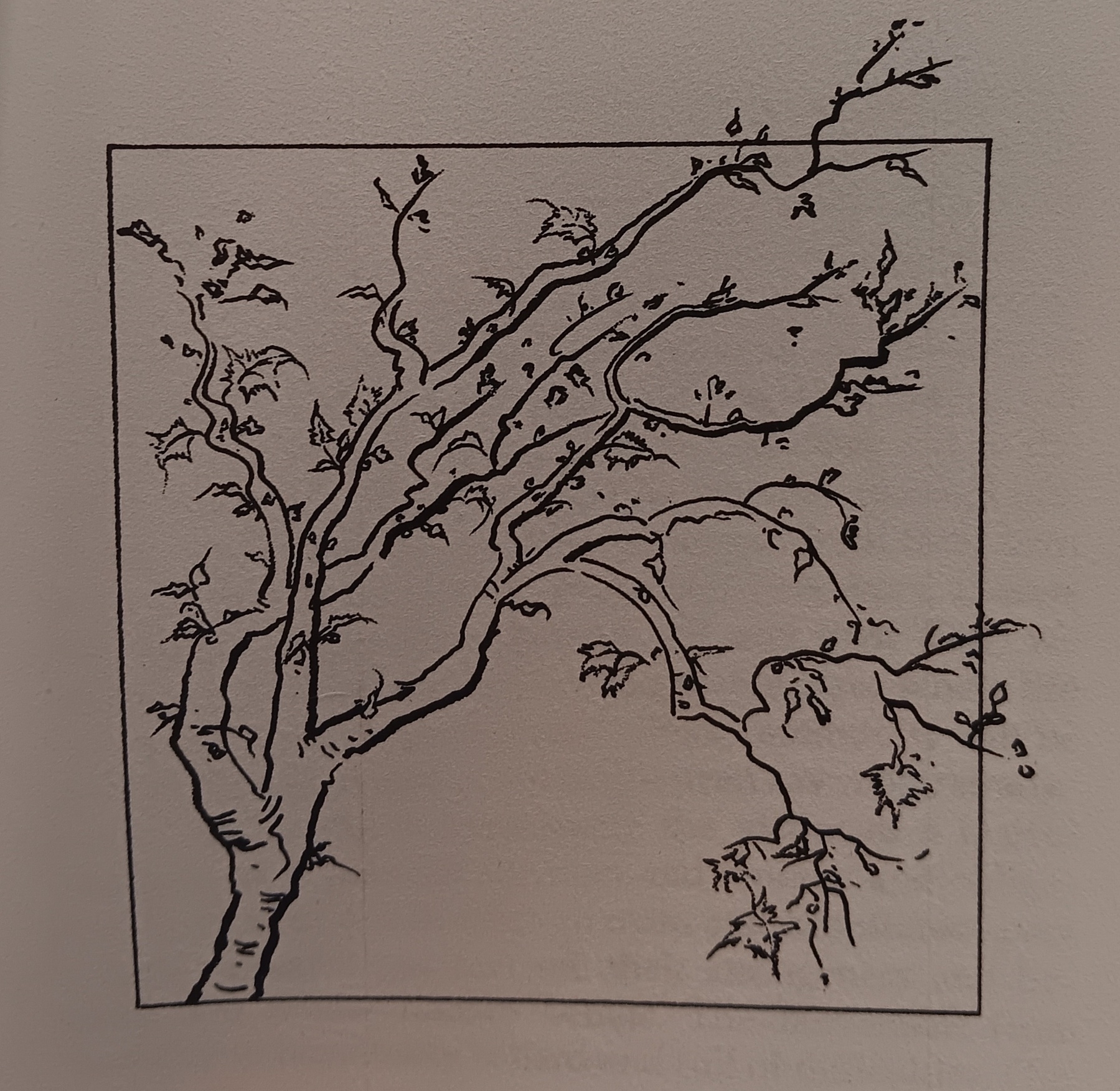Bogumil Jarmulak, warning of the dangers of “mechanical optimism” (of which I’ve seen the destructive effects firsthand):
There is [a] dangerous kind of optimism that G. K. Chesterton in The Everlasting Man calls “mechanical optimism,” and Roger Scruton in The Uses of Pessimism calls “wicked or unscrupulous optimism.” Basically, it is a mixture of naivete (we know) and hubris (we can) with the messianic complex (we should) added. The result is even more human suffering, which it seeks to replace with happiness. It is both ironic and tragic.
Mechanical optimism attempts to shepherd the wind because it is based on a mechanistic description of the world and the human psyche blended with overestimating one’s strength and abilities. It is represented by the friends of Job, who believed that they understood the ways of God, even though they could not even start to comprehend the mysteries of the creation. It is expressed in wooden behaviorism, which treats people like they are Pavlov’s dogs. It shapes the mindset of generals who think that the game of chess can teach them how to win a war. It is embraced by social engineers who believe that they can melt down the social fabric and create a new, better society that would function like a clock.
This kind of optimism rejects the collective wisdom that arises from the experience of many generations, and it denies the wisdom hidden in the Bible. It is utopian, as it condemns and rejects reality for the sake of an idea. The rejection comes from a disappointment with the reality as it is, on the one hand, and, on the other hand, from a dream about a world as we think it ought to be. If I assume that I know what the world ought to be, and if I assume that I know how to fix it, then I will try fixing it and anticipate the best possible result. What could go wrong? Everything. […]
…[M]echanistic optimists know only one kind of sacrifice: the scapegoat.




